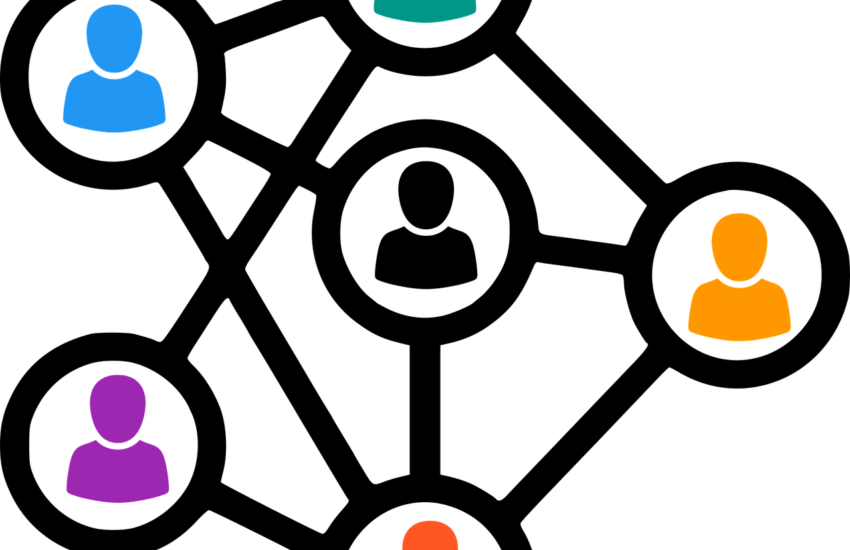As part of our work at the Interdisciplinary Center for Human Resources Development at the end of 2021, we conducted the first in a series of interviews on the topic of competencies in university management and the broader science sector. Our first guest was Prof. Dr.-Ing. habil. Marcin Grzegorzek, who is an active leader of research groups and projects at the University of Lübeck. Prof. Dr.-Ing. habil. Marcin Grzegorzek answered our questions related to the development of research competence and the competence of a research project leader based on his experience working with international research teams at the University of
...............







